Holiday Hazards for Pets
As the holidays get underway, the season is about celebrations and quality time with friends and family. Of course, our furry friends will be included in our festivities but we need to be sure to be sure to keep their best interests in mind. The following is a list of the 6 hazards that can threaten your pet(s) around the holiday season and recommendations by our veterinarian team on how to handle these risks:
1. Routine
As easy as it is for our own exercise plan to get lost in the chaos of the season, it’s important that your pet continues to get ample playtime and exercise each day. Playtime and exercise are good for physical health but also to maintain your pet’s mental health and to fight boredom. When you come home to destroyed pillows, chewed shoes, or scratched furniture by an adult dog, this is a sign of boredom. For most dog ages and breeds, Dr. Jessy and Dr. Weimer recommend that you aim to get your dog 30-60 minutes of activity per day.
2. Gatherings
‘Tis the season for family and friends visiting your home and party goers may not be familiar with your pet’s tendencies, habits, or preferences. To keep the pet(s) safe, make sure from the get-go that the boundaries are set for your guests as it relates to your pet(s). This means to set simple rules such as:
-outside doors are to be kept closed
-do not feed the pet(s) table scraps, treats, or drinks
-only pet the cat’s ears
-do not allow the pet(s) on furniture
-the upstairs bedroom is Lassie’s room for the day;
-this room is her retreat where she can relax and calm down
-she cannot have visitors in this room
3. Decorations
For a few weeks each year, you likely have many items displayed that are not part of your normal decor. Items such as Christmas trees, their ornaments, and other displays can cause trouble for pets. Ensure your pet doesn’t ingest the tree’s needles, the cinnamon or popcorn ornaments, or the water at the base of the tree. These items can contain chemicals and can cause an upset stomach. Tinsel used as décor on trees and on garland can create digestive trouble and cause an expensive removal procedure. Also, other decorations such as lights and animation vignettes can have wires that are easily short-circuited by chewing. Keeping wires out of reach will prevent possible burns to your pet and minimize the potential for a house fire.
4. Plants
Again, this is the time of year that you may display items that are not typical your home and it’s easy to overlook the safety of your pets. While poinsettias have traditionally gotten the bad rap for being unsafe, these flowers are considered only mildly-toxic. The plants to look out for this season are the mistletoe, holly, amaryllis, daffodils, and lilies. The easiest way to safeguard your furry family is to eliminate use of the real flowers and use fabric accents instead in your decor.
5. Gifts
Dr. Jessy and Dr. Weimer remind pet parents and friends that pet stocking stuffers can easily become a holiday hazard for pets. Many items are prepackaged especially for pets’ stockings and those with the best of intentions can be led off track with shiny packaging. When choosing treats, food, or toys for stockings make sure the item is natural, safe, and non-toxic. When it comes to treats -- the top item to gift a pet -- ensure the treat is made from quality ingredients and doesn’t contain artificial additives. Avoid mass-produced big-box pet store gift sets and stockings. When it comes to toys, rubber bones and balls work well for dogs and be sure any small cat toys don’t have even smaller pieces that can be pulled off and eaten.
6. Foods
Likely the biggest hazard of the season, you must ensure the safety of your pet and the food he or she is eating. Do not allow friends or family to feed your pet anything; especially sweets, leftovers, or alcohol. Everyone knows that chocolate is terrible for your pet but what about the dessert such as a fruitcake that Uncle Bob doesn’t realize has been made with raisins or nuts? Also, the xylitol sweetener used in many desserts can cause your dog's blood sugar to drop and even cause liver failure. Turkey leftovers can be tempting to share, too, but fatty and salty foods can harm pets. Remember that cooked bones can cause splinters or sharp pieces that can cut the digestive tract or cause internal bleeding. In some cases, a lot of salt can cause sodium ion poisoning that can cause neurological issues and seizures, too. Lastly, there is no reason pets should be given alcohol. Alcohol can cause vomiting, diarrhea, difficulty breathing, coma, and, in some cases, death.
Despite your best efforts and precautions, you may find your pet in distress. Don’t waste time; if anything at all looks amiss, please call Dr. Jessy or Dr. Weimer for a quick assessment here at our HART for Animals Bredel Veterinary Clinic.

